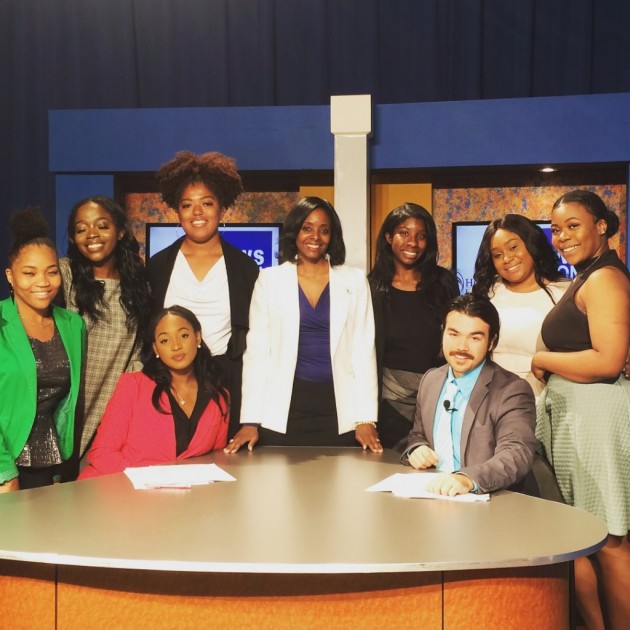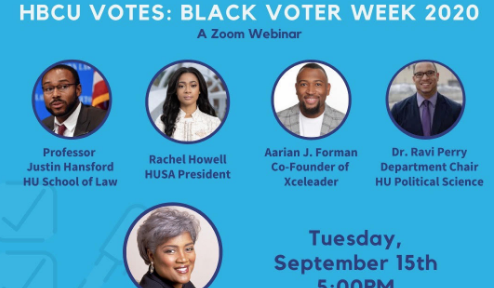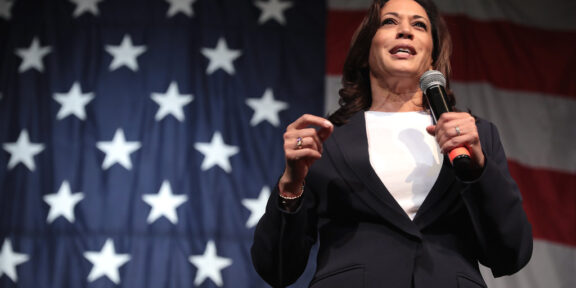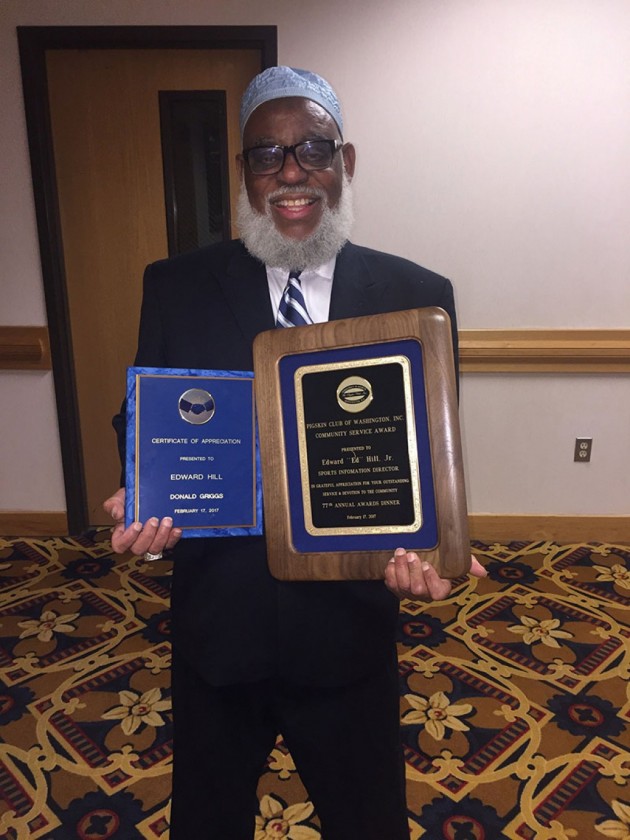For over 50 years, Benning Library has served the Ward 7 community as a progressive space devoted to knowledge. Originally named after African-American social activist Dorothy Irene Height, the library opened its door amidst the civil rights movement.
Benning was established during a time of intense social strife. In the same month, the Student Nonviolent Coordinating Committee (SNCC) began “Freedom Rides”—bus rides organized by young students routed from Washington, D.C. through the South that challenged the laws of segregation. Also at that time, Dorothy I. Height was participating in major leadership for civil rights. As then president of the National Council of New Women (NCNW), she led the organization to combat the unmet needs of women and their families. Resonating with the principles of its namesake, Benning opened on May 18, 1961 with an objective to develop the community.

A section of the Benning Library – Photo by Caroline Jhingory/Facebook
Today, the once one-story brick-and-concrete building is now two levels, 22,000-square-feet, equipped with 44,000 books, separate reading areas designated by age group, seating for 200 customers, two conference rooms, and free wi-fi.
Near the entrance, a large black and white canvas hangs on the wall. A vintage photo of Dorothy I. Height frames the left side of the piece. Next to it, one of her quotes: “I want to be remembered as someone who used herself and anything she could touch to work for justice and freedom…I want to be remembered as one who tried.” Murals painted by Ward 7 residents fill various other spaces around the library.
Inside the walls, there is a team of dedicated staff that work day-in and day-out to support the building. Veteran librarian Virgil Armstrong has spent the past five years committed to that task. After half a decade at Benning Library, he describes the branch as unique because of its customers. Some of them face challenges when using the technological resources that the library has to offer.
“I don’t get too involved in their challenges. What I try to do is get them to work through their challenges,” Armstrong said.
That is what makes the job fulfilling, he noted. Though helping customers may be considered a small contribution, there is a chance that it may leave a lasting impact on their lives. To others, he is simply a librarian, but to himself, he is also a motivator.
“One of the most fulfilling things is I make [customers] put forth an effort,” Armstrong said.
In the children’s department, librarian Audrey Fields, 55, has seen first-hand the lasting impact that the library has had on customers. Fields is responsible for all things related to children, including event-planning and computer-assisted learning. Every Tuesday and Wednesday, she facilitates Preschool Story Time—a program dedicated to developing the language and listening skills of children through stories and activities.
“I’ve seen some my students grow through the years,” Fields said. “Some of them went to college and grad school. And some of them have kids of their own now.”
Helping others seems to be a fulfillment throughout every department in Benning Library. Just before the exit, there is a desk stationed below a sign that reads “check-out.”
Seated behind the desk, library technician Jennifer Gross, 40, issues library cards, charges and discharges material, and shelves books. When she has free time she extends her assistance to customers beyond the desk.
“I like the part of helping people one-on-one,” Gross said. “A lot of times, people come-in and they don’t know how to do certain things and we assist them and it’s like a load off their shoulders.”
In fact, Ward 7, which Benning Library serves, has one of the highest rates of poverty in DC. According to NeighborhoodDC Info, 38% of children in the Ward live below the poverty line. In a digital age, this disparity can be detrimental to the employment process. Benning fights the odds by serving as a resource where customers can receive help with resumes, emails, or job applications. In the spirit of Dorothy Irene Height, Benning Library seeks to provide “justice and freedom for all” through knowledge.








